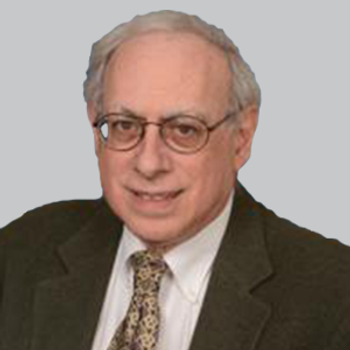
The professor of neurology and chief of the Neurology Service at the Maryland VA Health Care System spoke about the impact focused ultrasound has had in the treatment of tremor-dominant Parkinson disease.

The professor of neurology and chief of the Neurology Service at the Maryland VA Health Care System spoke about the impact focused ultrasound has had in the treatment of tremor-dominant Parkinson disease.
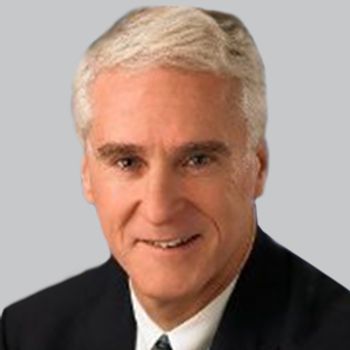
If approved, pitolisant would be the first new therapy in more than 15 years indicated for treatment of both excessive daytime sleepiness and cataplexy in adults with narcolepsy.
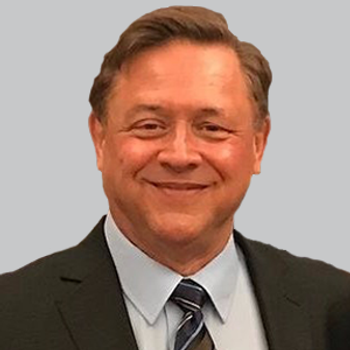
MMJ International Holdings’ 2 cannabis-derived treatments, MMJ-001 and MMJ-002, were submitted for Fast Track and Orphan Drug designations, respectively, the latter of which was approved by the FDA.

Using BioAscent’s Compound Cloud library, researchers at the ALBORADA Drug Discovery Institute identified more than 900 potential candidates, which the institute is now testing in vivo.
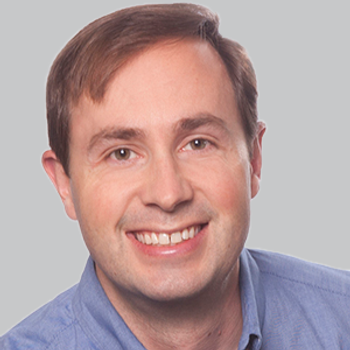
The assistant professor of neurology at Stanford University spoke about vitamin D’s biologic role in fuel dependency, energy efficiency, and cell survival within the human immune system.
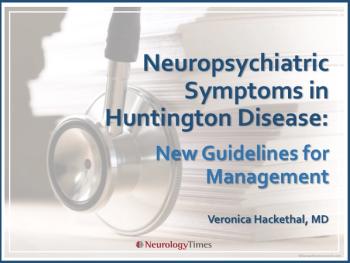
Some good news about Huntington disease: most of the behavioral symptoms can be managed with treatments developed for other conditions.
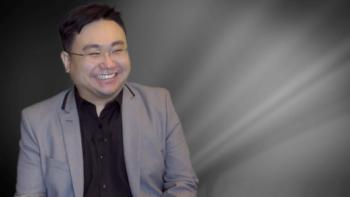
Despite accessibility to antiepileptic drugs in high-income settings, more than one-third of patients with newly diagnosed epilepsy were not treated or had delayed treatment.
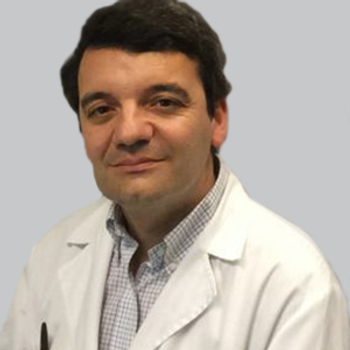
The authors concluded that when DBS is insufficient to manage motor symptoms, apomorphine, whether alone or in combination with DBS, is a good choice to improve the disease control.
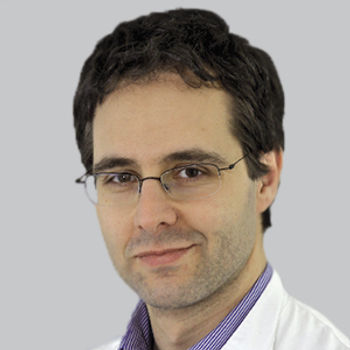
At the final follow-up at an average of 20 months, remission was present in 42.9% of the 56 patients included, and an additional 25% had minimal manifestations or better as measured by the Myasthenia Gravis Foundation of America-Postintervention Status.

The director of the Pediatric Epilepsy Center at UCSF Benioff Children’s Hospital discussed the efficacy profile of ZX008, for which Zogenix recently submitted a new drug application to the FDA for the treatment of Dravet syndrome.
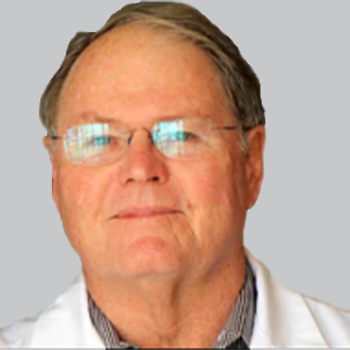
Ultimately, the risk of the composite end point of stroke and myocardial infarction was reduced by 40%, and the risk of stroke alone was reduced by 33%.
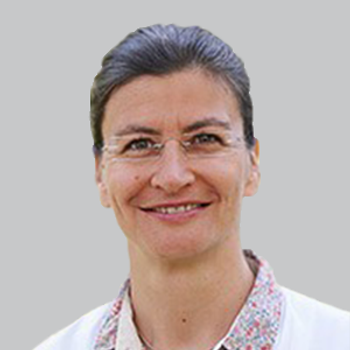
The results of this observational “real-world” study found that disease duration, but not age, at the time of the surgery was associated with the dementia risk.
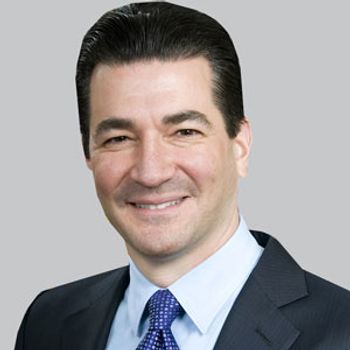
A number of warning and online advisory letters were issued to 17 companies selling almost 60 products claiming to prevent, treat, or cure Alzheimer disease, among a number of health conditions.

His daughter says that he often tells stories he has heard about someone else as if they had happened to him.
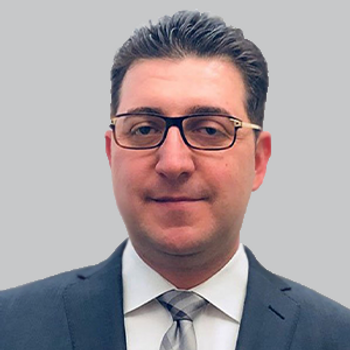
The investigators concluded that these findings have implications which suggest that transferring patients for late-window thrombectomy is associated with substantial clinical benefits and should be strongly encouraged.
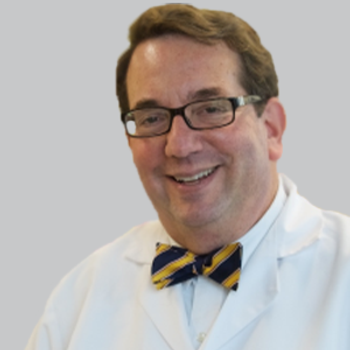
The director of the mitochondrial research program at Akron Children’s Hospital spoke about how to best manage a condition such as PMM, where there are no FDA-approved therapies.
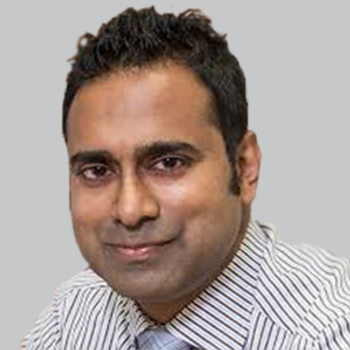
The study provided Class I evidence that the ALSDI can help the confirmation and diagnosis of ALS and its mimicking conditions at the earliest stages of the disease, when therapeutic efforts are most efficacious.
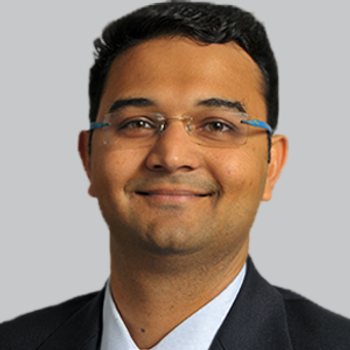
The neurosurgeon at The Ohio State University Wexner Medical Center and lead investigator of the first-in-world trial spoke about the study’s goals and the potential of the treatment.

The microdystrophin gene transfer therapy from Solid Biosciences has shown protein expression in the first 3 patients dosed. As a result, the company is expediting the planned dose-escalating activities.

Findings from a cross-sectional exploration have suggested that biological differences between men and women may explain the higher risk for Alzheimer faced by women.
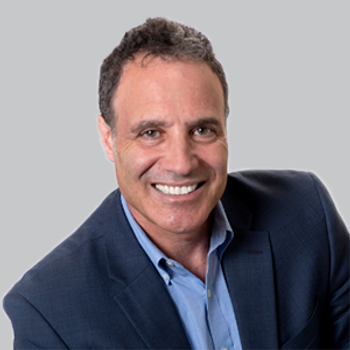
The executive vice president and chief medical officer of Zogenix spoke about what sets the fenfluramine agent apart and what clinicians need to know after its NDA submission.

The professor of pediatrics at Northeast Ohio Medical University and the director of the NeuroDevelopmental Science Center at Akron Children’s Hospital provided insight into the therapeutic landscape of PMM.
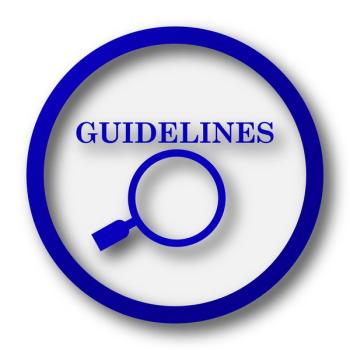
Guidelines from the American Academy of Neurology now cover the use of third-generation antiepileptic drugs for patients with new-onset focal or generalized epilepsy.
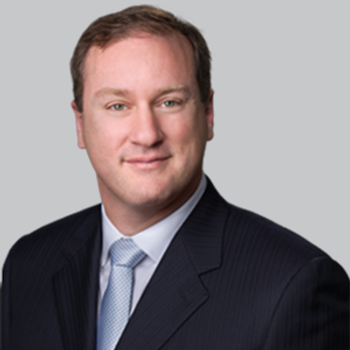
The Medtronic product will now be available for use with patients with small or medium wide-necked aneurysms in the area from the petrous to the terminus of the internal carotid.
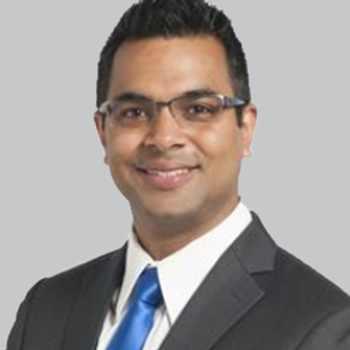
The stroke specialist at the Cerebrovascular Center at Cleveland Clinic detailed how patients who were rehabilitated earlier were shown to have better outcomes and a shorter stay in the intensive care unit in this study.
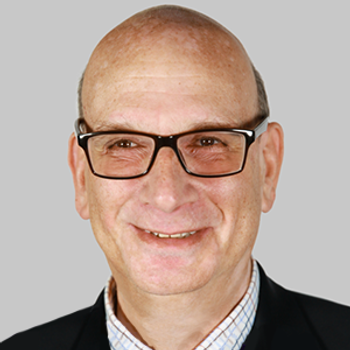
The initial phase 2 studies of cenobamate evaluated close to 1000 individuals, with efficacy demonstrated to the point that the FDA did not require additional efficacy studies.

The NDA for Zogenix's fenfluramine therapy is supported by data from 2 phase 3 trials in Dravet syndrome, as well as an interim analysis from the company’s ongoing open-label extension study, which includes 232 patients treated for up to 21 months.

This middle-aged woman attributes recent changes in her thinking and speech patterns to long-standing hypothyroidism. Do you concur?

The ELLDOPA trial results showed no significant difference with levodopa in combination with carbidopa between the patients who were treated early compared to those with delayed initiation.

The principal medical science director at Genentech spoke about how Floodlight works for physicians and patients and how it could improve care in MS.